
Stephen Ornes has been writing for Science News Explores since 2008, and his 2014 story "Where Will Lightning Strike?" won an AAAS/Kavli Gold Award. He lives in Nashville, Tenn., and he has three children, who are inventing their own language. His family has a cat, six chickens, and two rabbits, but he secretly thinks hagfish are the most fascinating animals. Stephen has written two books. One is a biography of mathematician Sophie Germain, who was born during the French Revolution. The other, which was published in 2019, features art inspired by math. Visit him online at stephenornes.com.

All Stories by Stephen Ornes
-
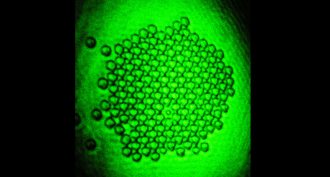 Physics
PhysicsBuilding a mirror with light
Scientists proved that lasers can be used to harness materials into a reflective surface. Some scientists ask: Can a space mirror be far away?
-
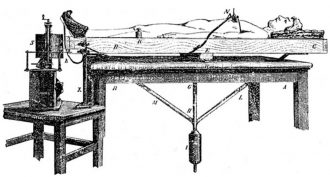 Brain
BrainThe weight of thought
Thinking heavy thoughts? Scientists have just put people on a balance and shown that the brain briefly gains blood — becoming a bit heavier — while concentrating.
-
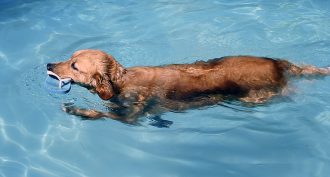 Animals
AnimalsDissecting the dog paddle
Scientists occasionally describe the dog paddle as a “trot,” but that’s not right. When dogs swim, their complicated leg motions look more like a frantic run.
-
 Space
SpaceGalaxies stash mass in clouds of gas
Astronomers may have finally figured out why predictions of the amount of matter in the universe don’t match observations. A huge amount may hide in the gas clouds that surround galaxies.
-
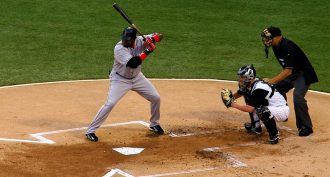 Health & Medicine
Health & MedicineBaseball: Keeping your head in the game
Head movements play an important role in successfully tracking lightning-fast incoming pitches.
-
 Space
SpaceDusty remains from a dead star
A supernova first spotted in 1987 produced a huge cloud of space dust. Astronomers are now finding clues in it to how stars formed in the early universe.
-
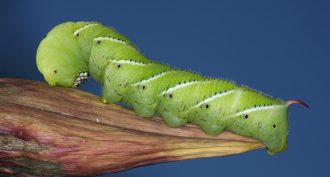 Animals
AnimalsThe bad-breath defense
The nicotine in tobacco that poisons some creatures can also act as a chemical defense — at least for some caterpillars. The bad breath it gives these insects repels natural predators, such as spiders.
-
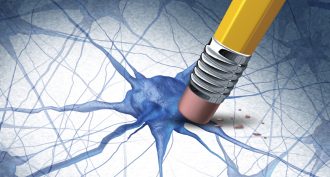 Brain
BrainErasing memories
Electroconvulsive therapy is used to treat severe depression, but the electrical jolt it sends into the brain also may erase bad memories.
-
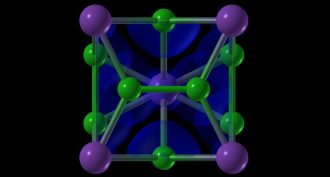 Chemistry
ChemistrySalt bends the rules of chemistry
When squished between two diamonds and zapped by a laser, salt’s atoms can link up in unexpected ways.
-
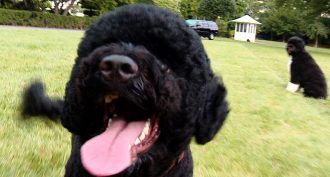 Health & Medicine
Health & MedicineDoggy dust could be a good thing
The outdoor dust that dogs drag in contains a mix of microbes that helped mice fend off allergic reactions and viral infections.
-
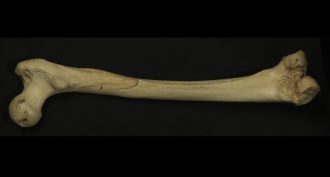 Genetics
GeneticsAncient DNA sparks new mystery
DNA from a 400,000-year-old leg bone found in Spain is by far the oldest recovered from pre-human ancestors. It also shows an unexpected link to later, Asian ‘kin.’
-
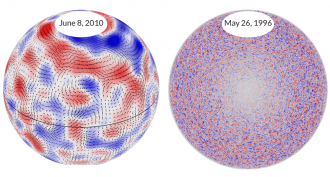 Space
SpaceThe sun’s giant heat elevators
Scientists have long known that plumes of hot plasma rise from the sun’s interior to its outer layers. New observations have now identified especially big plumes that can be 15 times as wide as Earth’s diameter and last for months.